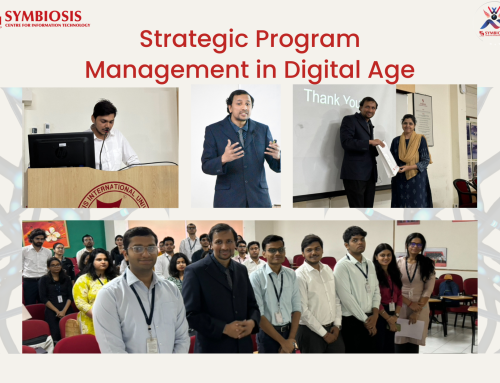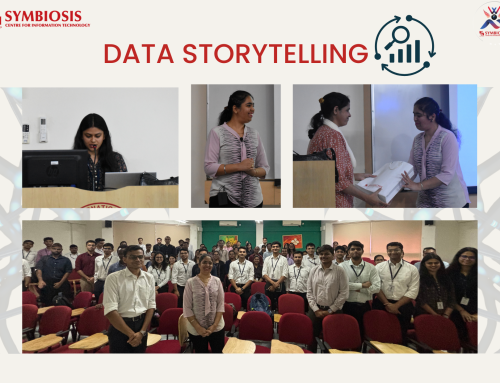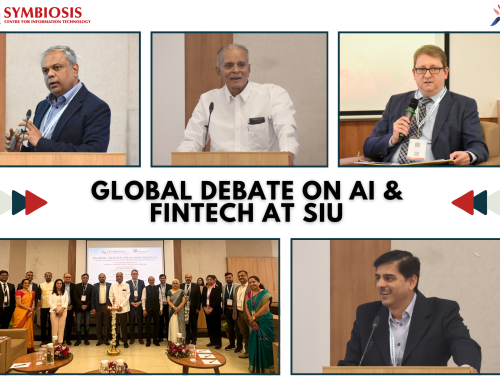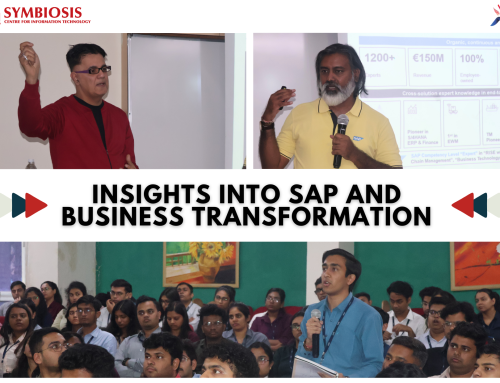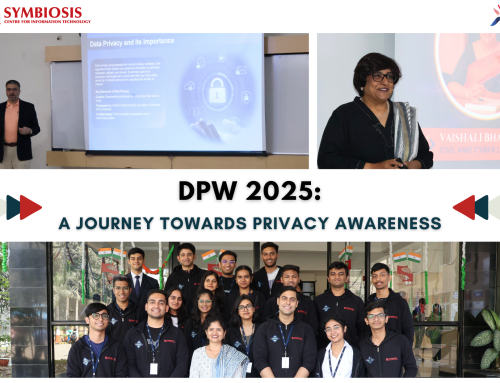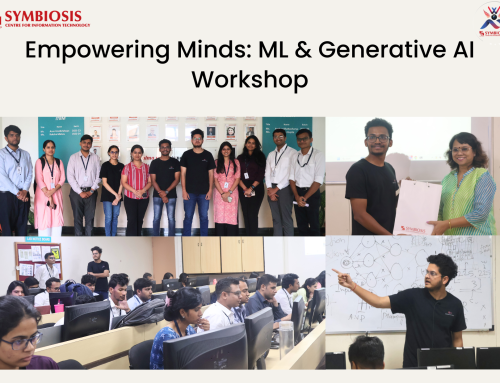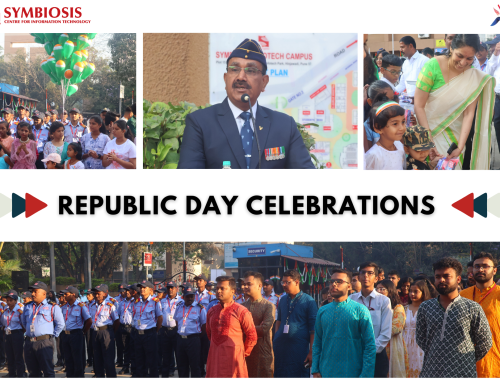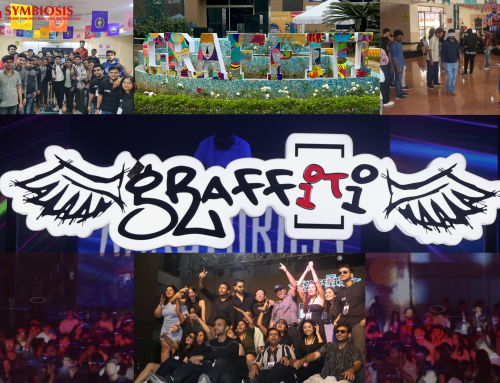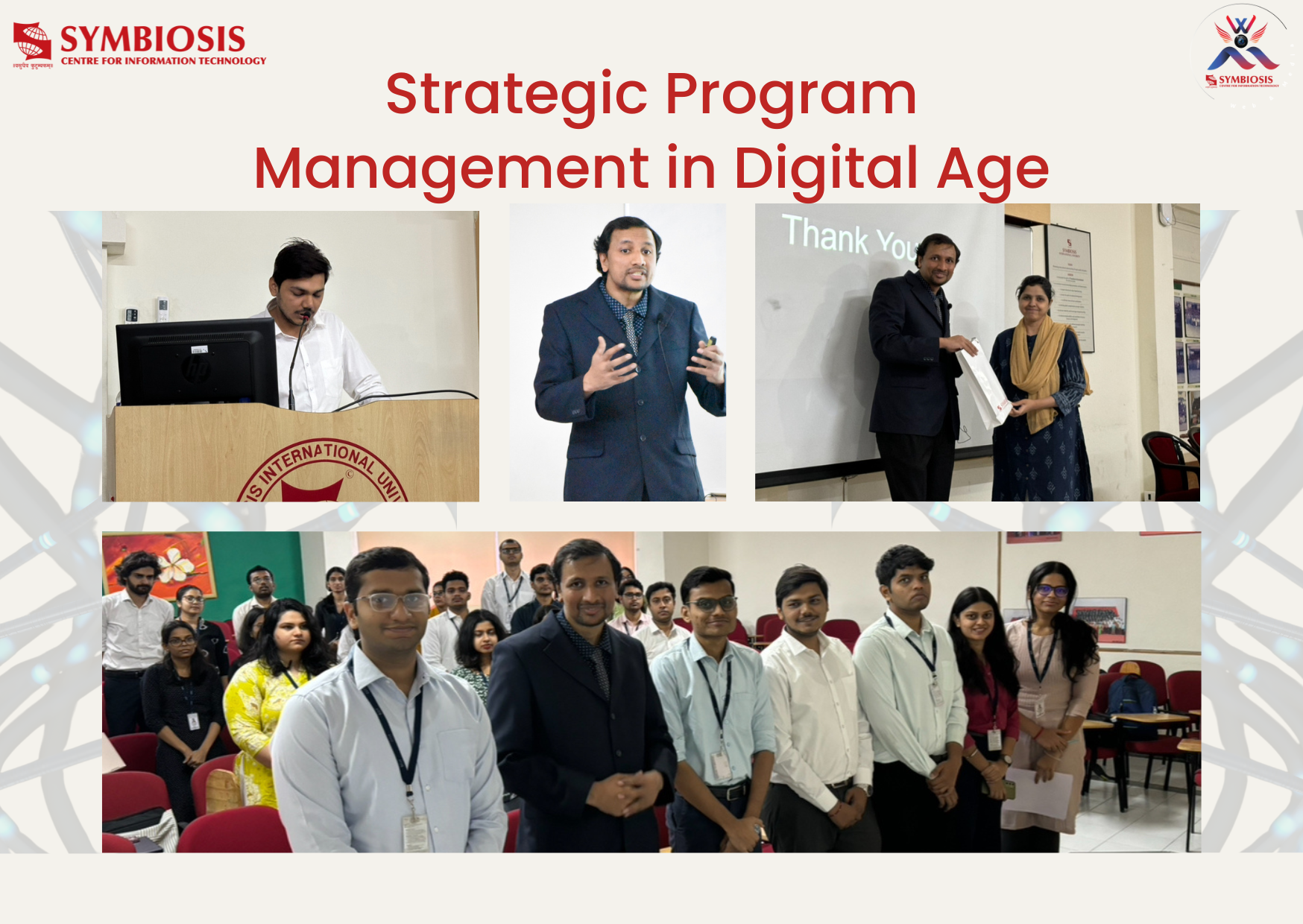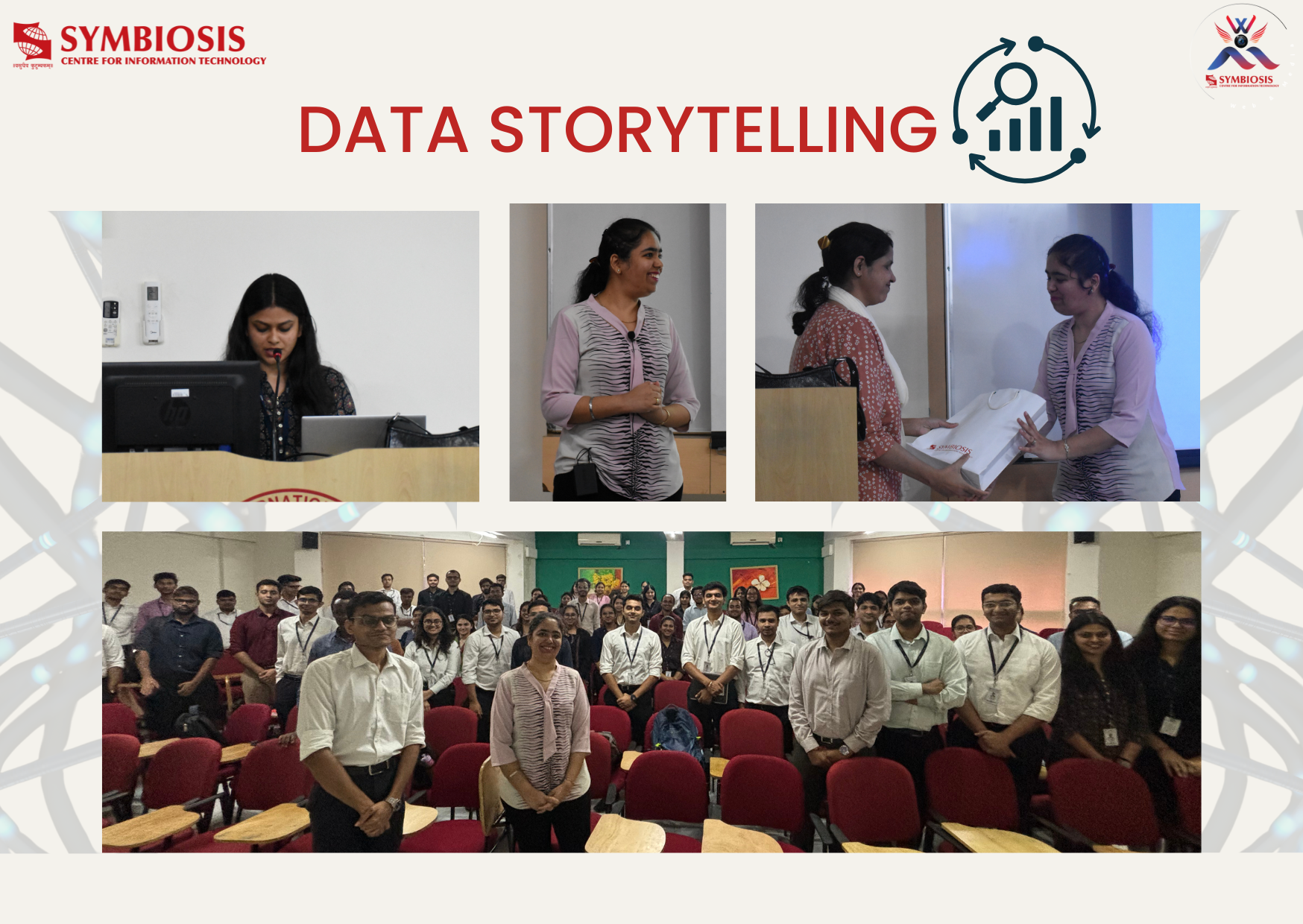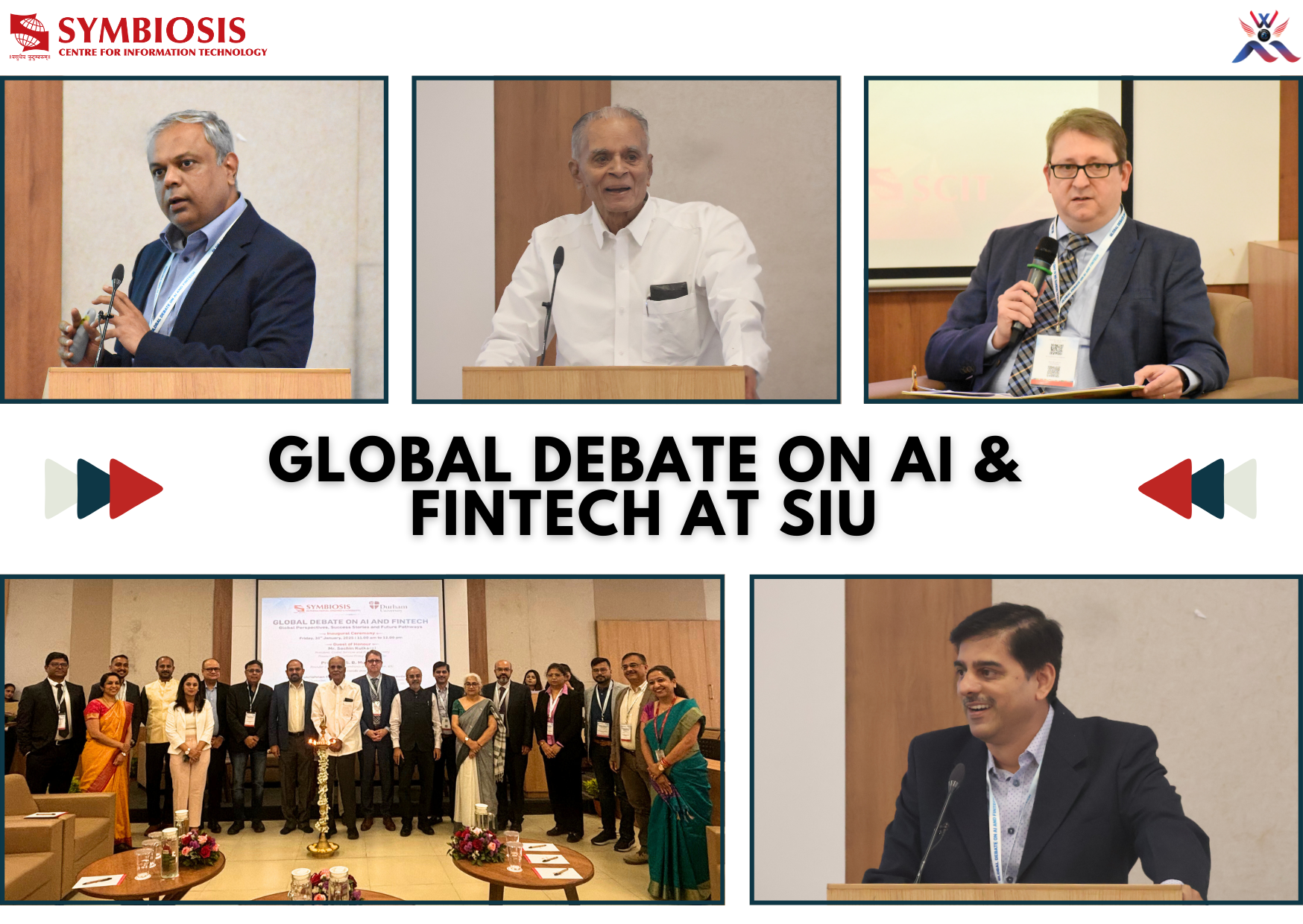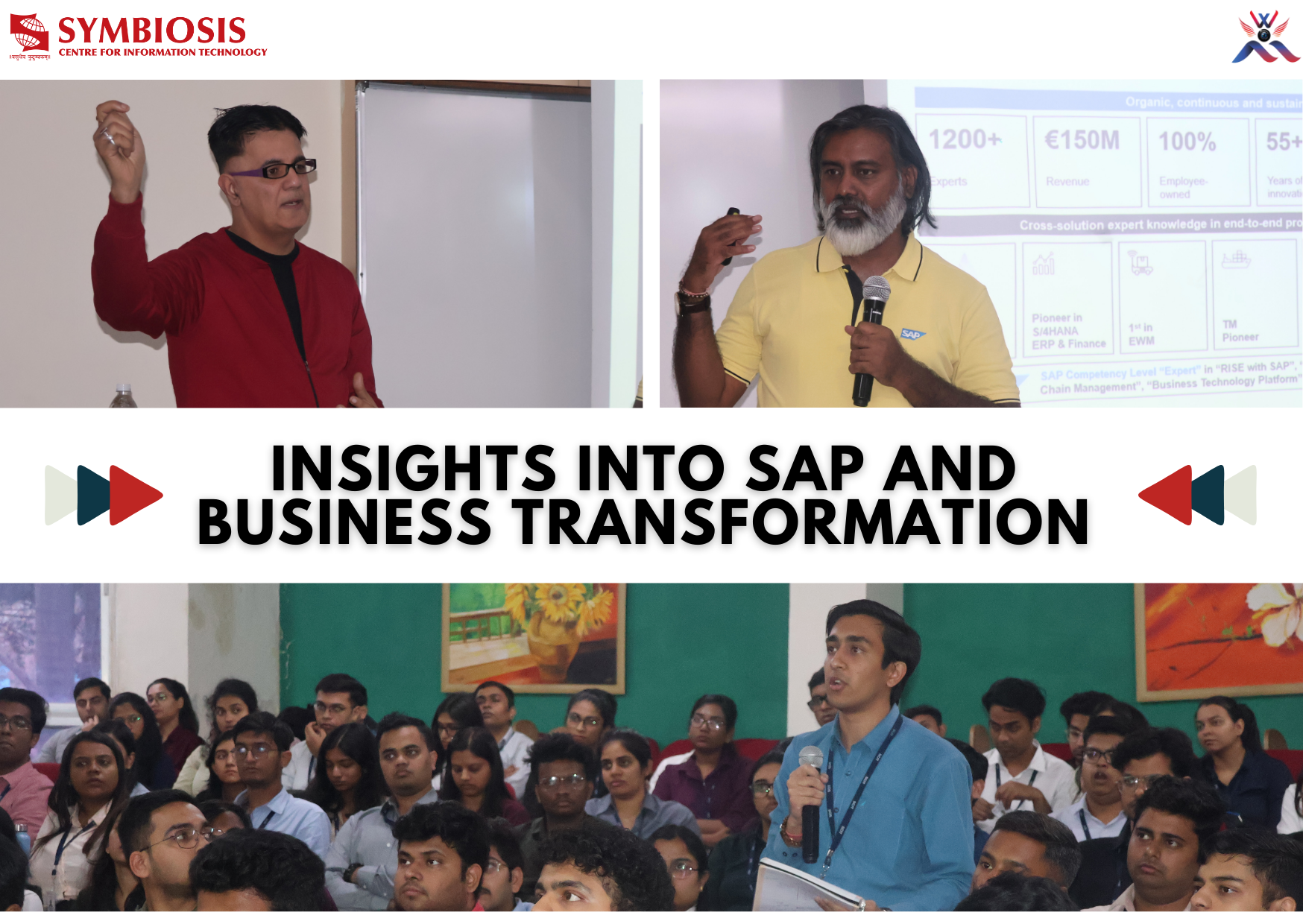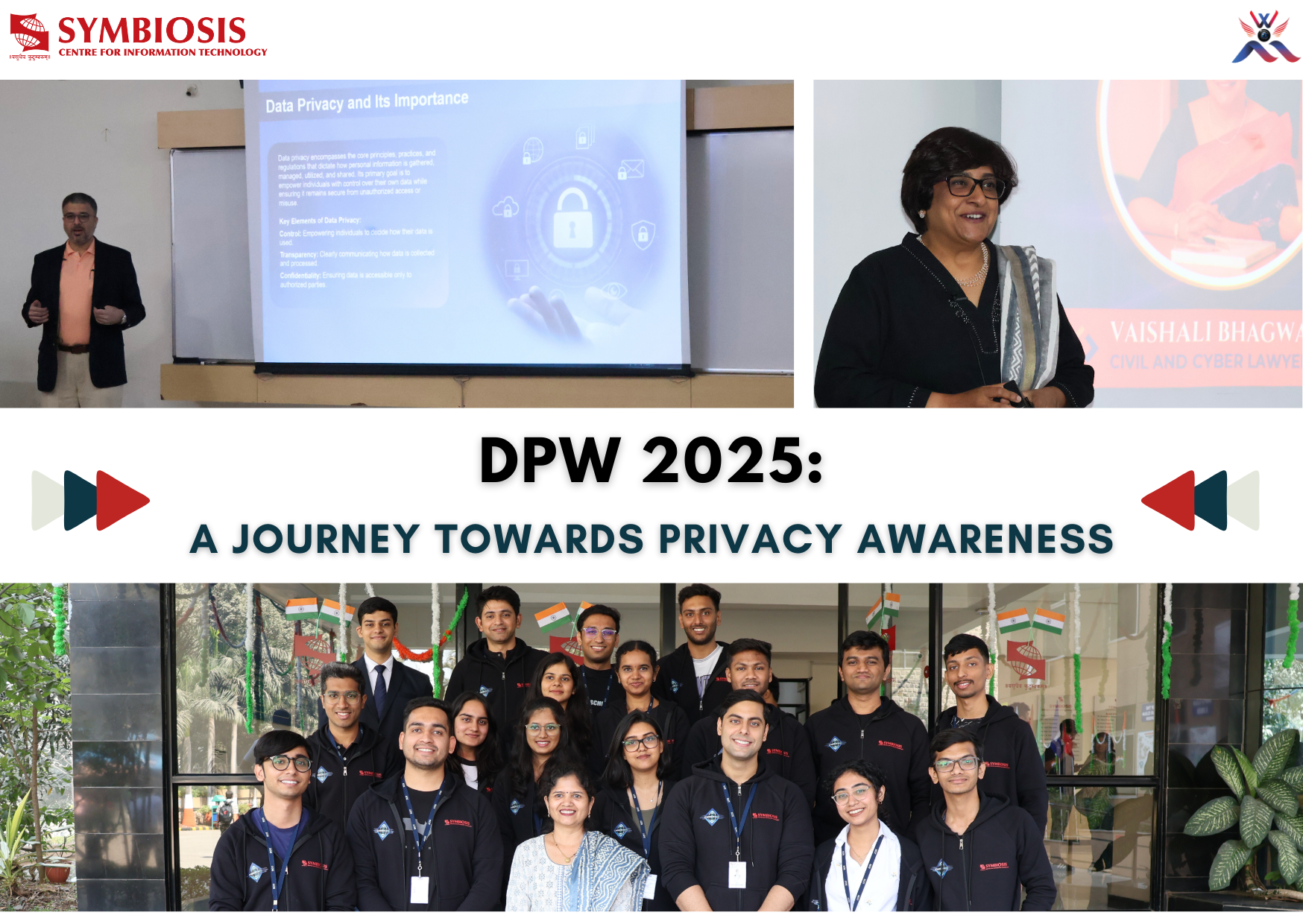New Jobs in Cloud Computing and Big Data

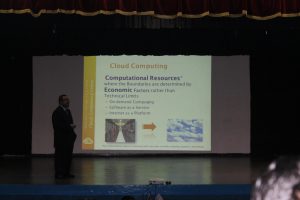 SCIT felt esteemed with the presence of Prof.Dr. Horacio Gonsalzes, Head of Cloud Competency Centre and Associate Prof. from the National College of Ireland. Along with more than a decade of working experience as an engineer with silicon graphics he has been awarded with many academic research titles. Prof. Gonsalzes shared his insights on the upcoming and existing job opportunities in cloud computing and big data.
SCIT felt esteemed with the presence of Prof.Dr. Horacio Gonsalzes, Head of Cloud Competency Centre and Associate Prof. from the National College of Ireland. Along with more than a decade of working experience as an engineer with silicon graphics he has been awarded with many academic research titles. Prof. Gonsalzes shared his insights on the upcoming and existing job opportunities in cloud computing and big data.
Statistically speaking, he mentioned that in Pune city alone about 110 MNCs reside, out of which 12% happen to be involved in product development and information technology. Prof. Gonsalzes appreciated Indians to be hard working and clever. Also, as far as the externalities to an industry are taken into consideration, he pointed out the fact that the foreign investment made by US companies in Ireland alone is much greater than that made in Russia, Brazil, India and China combined.
Prof. Gonsalzes talked about the main distinguishing features of Big Data; volume, velocity and variety. Also, the essentials of cloud computing and how cloud has an important use to the IT managers in order to manage the big data. He talked about the cloud being much more secure than the private servers as they ensure proper spacing, collocation and are also cost-effective.
Along with the advancements in IT sector a lot of jobs have been deprecated which no longer need manual attention to be carried out. But at the same time, a new set of job opportunities have also emerged for the skilled set of workforce. In 2015, 14 million jobs can be expected into the field of cloud computing itself. With regard to the jobs in cloud computing, having an amazing sense of humor, Prof. Gonsalzes said “not even half of the people who claim they are doing it are actually doing it, and out of those few most of them are doing it wrong”.
In the days to come, as technology travels faster than time, there will be a day when cloud computing and big data will no longer be a buzz in the industry, but will immerse into our lives just as a part of it, being called as just ‘computing’.

